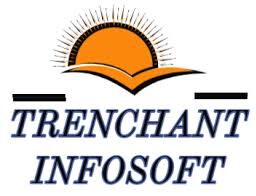
By leveraging the power of these two platforms, you can create custom apps, enhance functionality, and automate processes.
Power Apps provides a user-friendly interface for building custom applications that interact with and leverage data from Business Central, enabling a more personalized user experience. Plus, you can extend the functionality of Business Central by creating apps that address specific scenarios or workflows not covered by out-of-the-box features.
With mobile accessibility, you can create mobile apps that access Business Central data, enabling users to perform tasks and access information on the go. Plus, integrating data from various sources, including Business Central, into your Power Apps leads to more comprehensive and unified data-driven solutions.
By using connectors and APIs provided by both platforms, you can establish a connection between Power Apps and Business Central, enabling data exchange and interaction. And as both Business Central and Power Apps are part of the Microsoft Power Platform, you can create end-to-end solutions that involve data visualization, process automation, and custom applications.
Note that the specifics of integration, features, and capabilities can vary based on the versions and licensing of both Business Central and Power Apps your organization uses. Make the most of your integration and unlock the full potential of your business with Microsoft Dynamics 365 Business Central and Power Apps.
https://www.linkedin.com/in/mallika-singh-b1a2b035/recent-activity/all/


